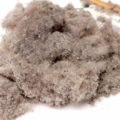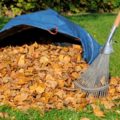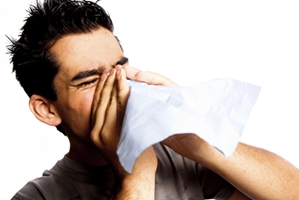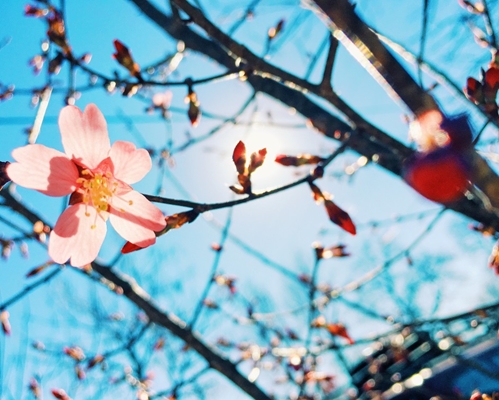
Although it still feels like summer in most parts of the United States, HealthCanal.com warns that fall allergy season is beginning early this year. This is likely due to climate change, which has caused ragweed and other irritants that are associated with hay fever to circulate through the air for up to three weeks longer than usual.
"A single ragweed plant may release one million pollen grains in just one day," American College of Allergy, Asthma & Immunology (ACAAI) president Dr. Richard Weber told the source. "Mold spores are also everywhere this time of year and may outnumber pollen grains in the air, even when the pollen season is at its worst."
Ragweed seems to be virtually everywhere, so it's difficult to prevent symptoms from occurring, but the ACAAI recommends following these tips:
• Avoid spending prolonged amounts of time outdoors between the pollen-heavy hours of 5 a.m. and 10 a.m.
• Close the windows in your car and house to keep irritants outside
• If your job requires you to work outdoors, consider wearing a pollen mask
• See your allergy specialist proactively and begin taking any prescribed medication before you notice symptoms
• Use a whole house air purifier in your home, which works by removing allergens directly from the air.
Another way to prevent allergies from affecting you this fall is by investing in hypoallergenic mattresses, sheets and pillowcases for your bed. These allergy products are designed to keep irritants from building up on your bedding, thus ensuring that your symptoms won't keep you up at night.









